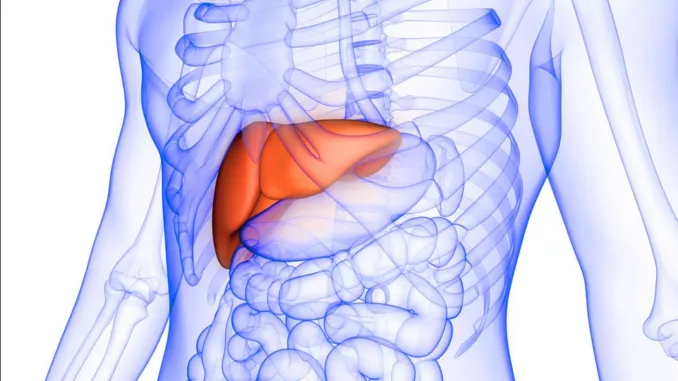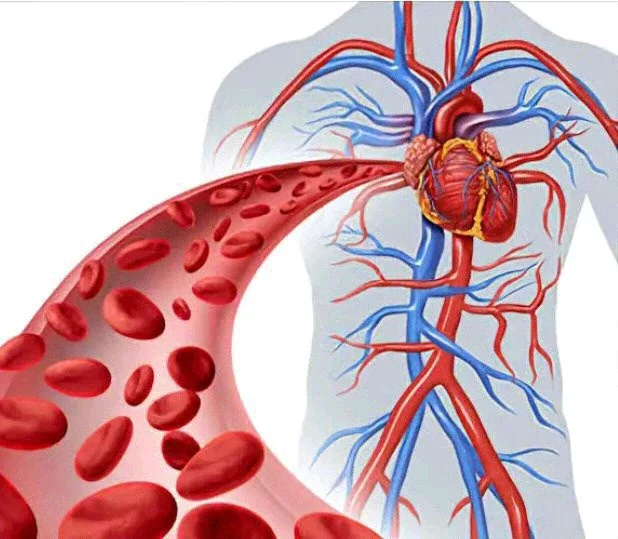Waking up with numb hands can be a bewildering and discomforting experience. While it may be a common occurrence for some individuals, it should not be ignored, as it could be indicative of underlying medical issues. In this article which is in accordance to healthline we will explore some of the medical reasons why certain people wake up often with numb hands, shedding light on potential causes and offering insights into seeking appropriate medical intervention.

1. Carpal Tunnel Syndrome:
Carpal tunnel syndrome is a condition that occurs when the median nerve, which runs from the forearm to the hand, becomes compressed or squeezed at the wrist. The compression often leads to numbness, tingling, and a feeling of weakness in the hand and fingers. People who perform repetitive hand motions or activities that involve prolonged wrist flexion, such as typing or playing musical instruments, are more prone to developing carpal tunnel syndrome. Additionally, certain underlying conditions like arthritis, diabetes, and thyroid disorders can increase the risk of developing this condition.
2. Cubital Tunnel Syndrome:
Similar to carpal tunnel syndrome, cubital tunnel syndrome involves the compression of a nerve, known as the ulnar nerve, but in this case occurs at the elbow. This condition can cause numbness and tingling in the ring and little fingers, as well as weakness in the hand. People who frequently bend their elbows for extended periods, such as during sleep or while holding a phone, may experience cubital tunnel syndrome. Certain medical conditions, such as diabetes, arthritis, and obesity, can also contribute to the development of this condition.
3. Thoracic Outlet Syndrome:
Thoracic outlet syndrome occurs when the nerves and blood vessels in the space between the collarbone and first rib become compressed. This compression can lead to numbness, tingling, and weakness in the hand, as well as pain in the neck, shoulder, and arm. Various factors can contribute to thoracic outlet syndrome, including anatomical variations, trauma or injury to the area, poor posture, and repetitive overhead arm movements. People with occupations or hobbies that involve repetitive arm motions, such as athletes or those in physically demanding jobs, are more likely to experience this condition.
4. Peripheral Neuropathy:
Peripheral neuropathy refers to damage or dysfunction of the peripheral nerves, which can occur due to various underlying medical conditions, including diabetes, vitamin deficiencies, infections, autoimmune diseases, and exposure to toxins. Numbness, tingling, and weakness in the hands and feet are common symptoms of peripheral neuropathy. If the hands are affected, it is not uncommon for individuals to wake up with numbness in their hands. Proper diagnosis and treatment of the underlying cause are crucial in managing peripheral neuropathy and minimizing its impact on daily life.
5. Raynaud's Disease:
Raynaud's disease is a condition characterized by the narrowing of blood vessels, usually in response to cold temperatures or emotional stress. When blood flow to the fingers and toes is restricted, it can lead to numbness, discoloration, and a sensation of coldness. Some individuals with Raynaud's disease may wake up with numb hands due to reduced blood flow during sleep. While there is no cure for Raynaud's disease, lifestyle modifications like wearing warm gloves, avoiding extreme cold, and managing stress can help alleviate symptoms.
6. Sleep Position:
Although less likely to be associated with medical conditions, one's sleep position can contribute to waking up with numb hands. Sleeping with the arm and hand in a position that compresses nerves or compromises blood flow can lead to temporary numbness. This may occur when sleeping with the arm trapped or forcefully bent, such as under the body or pillow. Adjusting sleeping positions, using supportive pillows, and maintaining proper body alignment can help reduce the occurrence of numb hands upon awakening.
It is important to recognize that these medical reasons are not an exhaustive list, and other underlying conditions or factors may also be causing the numbness in some individuals. If you frequently wake up with numb hands or experience persistent numbness during the day, it is crucial to consult a healthcare professional for a proper diagnosis and appropriate treatment. Early intervention and management can help alleviate symptoms, prevent complications, and improve overall quality of life.

















Comments